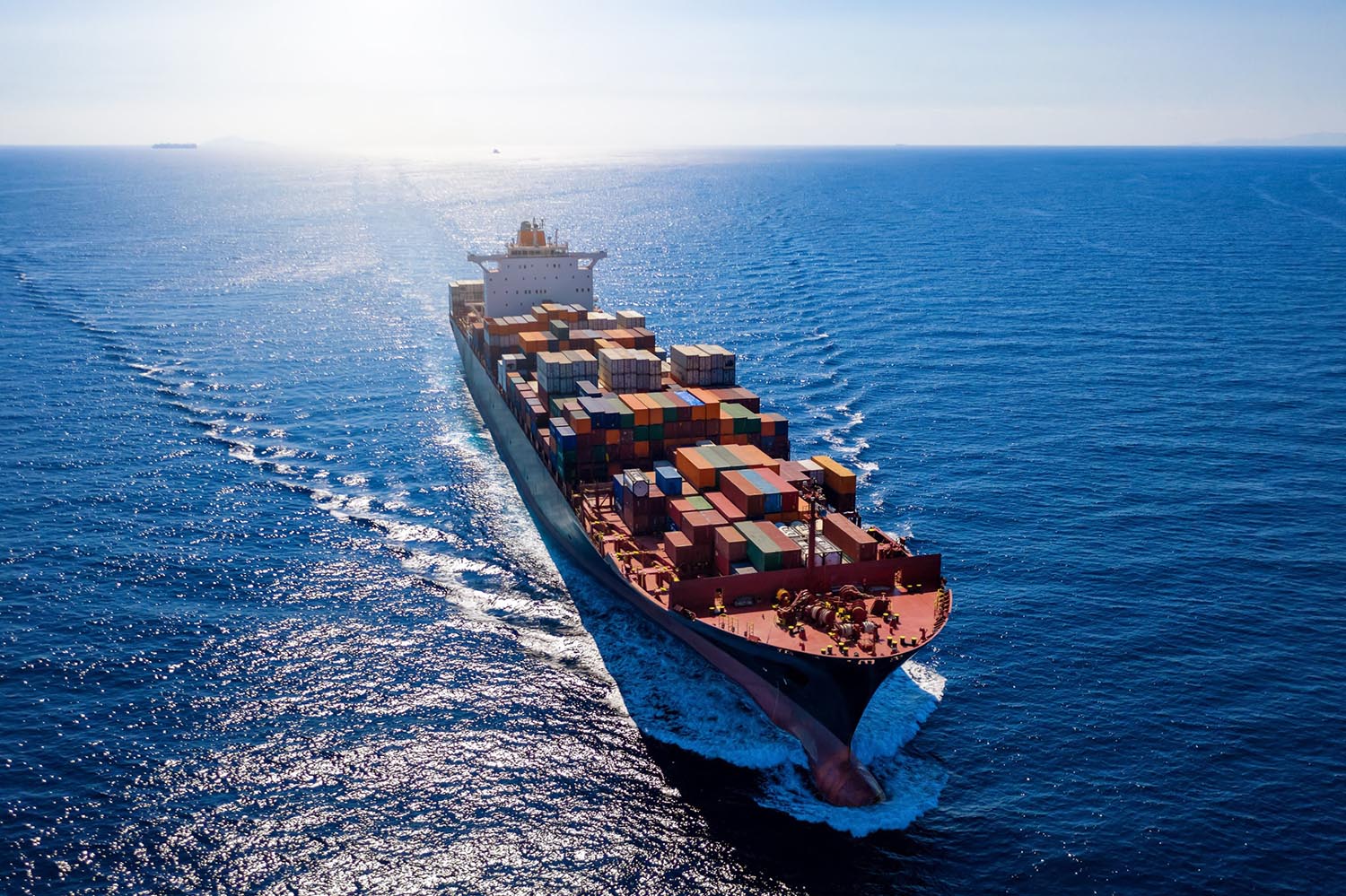In the report, PPMI signatories publish data gathered from their clients to track the climate impact of their hull and machinery insurance portfolios. The goal is to enhance transparency and support the industry’s green transition.
Gard, too, disclosed its climate alignment, as did other leading marine insurers.
“We are grateful to our customers for their feedback and support in this first year of reporting,” said Rolf Thore Roppestad, Gard CEO and Vice Chair of the PPMI.
Better than average
Gard’s portfolio’s carbon emissions are 8.3 per cent higher than the IMO’s decarbonisation trajectory, which aims for a 50 per cent reduction in carbon emissions by 2050. Compared to the more ambitious Paris Agreement, which has a goal of zero carbonemissions by the middle of this century, Gard’s portfolio is 16.6 per cent above target.
On average, the signatories’ H&M emissions were 12.7 per cent higher than what they should be to reach the IMO goal, and 20.8 per higher than what is needed to reach the Paris Agreement.
The calculations were based on fuel consumption data from 2021, and did not cover the signatories’ entire hull and machinery portfolios.
Will learn and improve
“We know there is room for improvement, both in our climate alignment score and in the data collection process itself, but that is why we wanted to be part of the Poseidon Principles for Marine Insurance. This is a journey we are on to learn and improve, and together with our clients, I am confident we will make the necessary progress,” Roppestad said.
His message was echoed by Patrizia Kern, Chair of the Poseidon Principles for Marine Insurance initiative and Marine Strategy Advisor – CEO Office at Swiss Re Corporate Solutions:
“It is evident that there is work to do, but hard data and transparency is a necessary first step,” she said.
The PPMI report can be found here
For more information, visit www.poseidonprinciples.org/insurance



